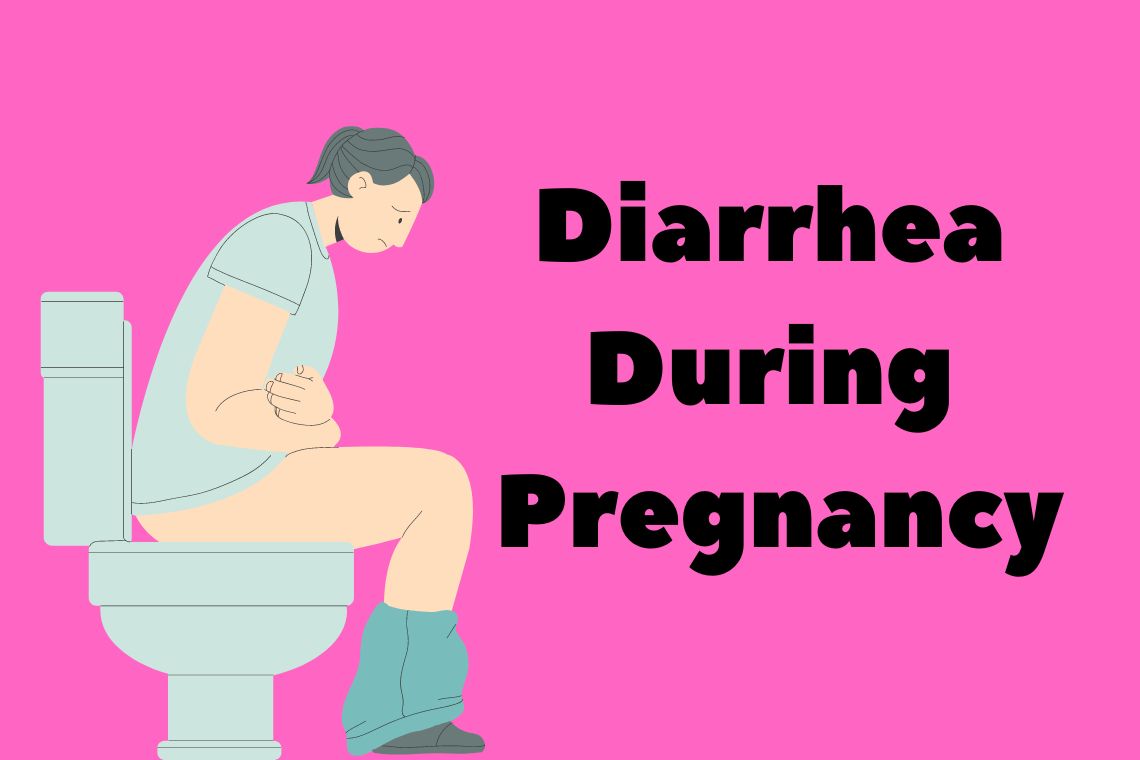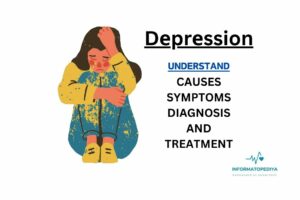
Table of Contents
Diarrhea During Pregnancy: Symptoms Causes and Treatments
Introduction
Diarrhea is a common issue that many pregnant women experience due to the increased vulnerability of their digestive systems. During pregnancy, hormonal changes can have a significant impact on the digestive system, leading to a decline in daily meals. To prevent and manage diarrhea during pregnancy, it is important to maintain a balanced diet that supports a regulated digestive system.
Symptoms
1. Changes in bowel movements:
Pregnant women may experience uncontrollable bowel movements and an inability to control the urge to use the restroom.
2. Nausea, restlessness, and vomiting:
These symptoms may accompany diarrhea during pregnancy.
3. Frequent trips to the restroom:
Diarrhea can result in increased visits to the restroom.
4. Cramps or abdominal pain:
While these symptoms can be related to diarrhea, they may also indicate other issues.
Causes
Diarrhea is more common during the first and second trimesters of pregnancy. Hormonal changes and dietary factors can contribute to this condition. However, diarrhea is less likely to occur during the second trimester. It is essential to consult a doctor if diarrhea is accompanied by a headache and fever.
The following are common causes of diarrhea during pregnancy:
1. Bacteria and viruses:
Environmental exposure can lead to the entry of bacteria and viruses into the body. Proper hand hygiene, including handwashing, is crucial in preventing infection.
2. Foodborne illnesses:
Consuming contaminated food during pregnancy can cause stomach flu, with diarrhea being one of the initial symptoms.
3. Medication:
Diarrhea can sometimes occur as a side effect of certain medications prescribed during pregnancy. It is important to inform your doctor about any symptoms you experience.
4. Prenatal vitamins:
The intake of prenatal vitamins, which are necessary during pregnancy, can sometimes aggravate the digestive system, leading to diarrhea.
5. Prostaglandins:
These lipids can stimulate uterine muscles and may contribute to diarrhea during pregnancy.
6. Excessive iron intake:
Pregnant women are often advised to increase their iron intake to prevent anemia. However, excessive iron consumption can lead to gastrointestinal issues, including diarrhea.
7. Thyroid hyperthyroidism:
Excessive levels of thyroid hormones during pregnancy can affect the digestive tract and result in diarrhea.
Home Remedies or Treatment
1. Stay hydrated:
It is important to maintain proper hydration by drinking an adequate amount of water during episodes of diarrhea.
2. Oral rehydration solution:
Prepare a solution of water and sugar to replenish electrolytes lost due to diarrhea. Consume this solution once a day during pregnancy.
3. Limit caffeine intake:
Reduce your consumption of caffeine-rich beverages like tea and coffee while pregnant.
4. Avoid alcohol:
It is advisable to avoid alcohol completely if you experience diarrhea during pregnancy.
5. Be cautious with hot liquids:
Avoid consuming excessive amounts of hot liquids if you have diarrhea while pregnant.
6. Eat a nutritious diet:
Consume fruits, vegetables, and potassium-rich foods such as potatoes to maintain a healthy diet during pregnancy.
7. Include bananas:
Bananas can be beneficial during episodes of diarrhea while pregnant.
8. Option for light meals:
Eating small, light meals like rice and incorporating raw fruits and vegetables can help alleviate symptoms.
9. Consider consuming curd:
Adding curd to your diet can aid in managing diarrhea during pregnancy. However, avoid consuming large quantities of bananas, curd, and rice, as they may worsen the condition.
10. Consume wheat porridge:
To prevent a carbohydrate deficiency in your body, consider consuming wheat porridge if you have diarrhea during pregnancy.
When to consult a doctor:
- Fever and diarrhea: If you experience fever along with diarrhea during pregnancy, seek medical attention promptly.
- Multiple episodes of diarrhea: If you have more than three episodes of diarrhea, consult a doctor immediately and avoid consuming tea and coffee.
- Do not ignore diarrhea. Ignoring diarrhea during pregnancy can lead to complications, including miscarriage.
- Black-colored stool: If your diarrhea stool appears black, seek medical attention without delay.
- Abdominal discomfort: If you experience abdominal or lower abdominal pain along with diarrhea, consult a doctor and increase your water intake.
- Additional symptoms: If you notice thick, yellowish-colored urine, dizziness, excessive thirst, headaches, or vomiting, contact a doctor immediately.
It is important to note that this article is for informational purposes only and should not substitute for professional medical advice. Consult a healthcare provider for personalized guidance and treatment options.







The visuals you include add so much value to the overall experience.